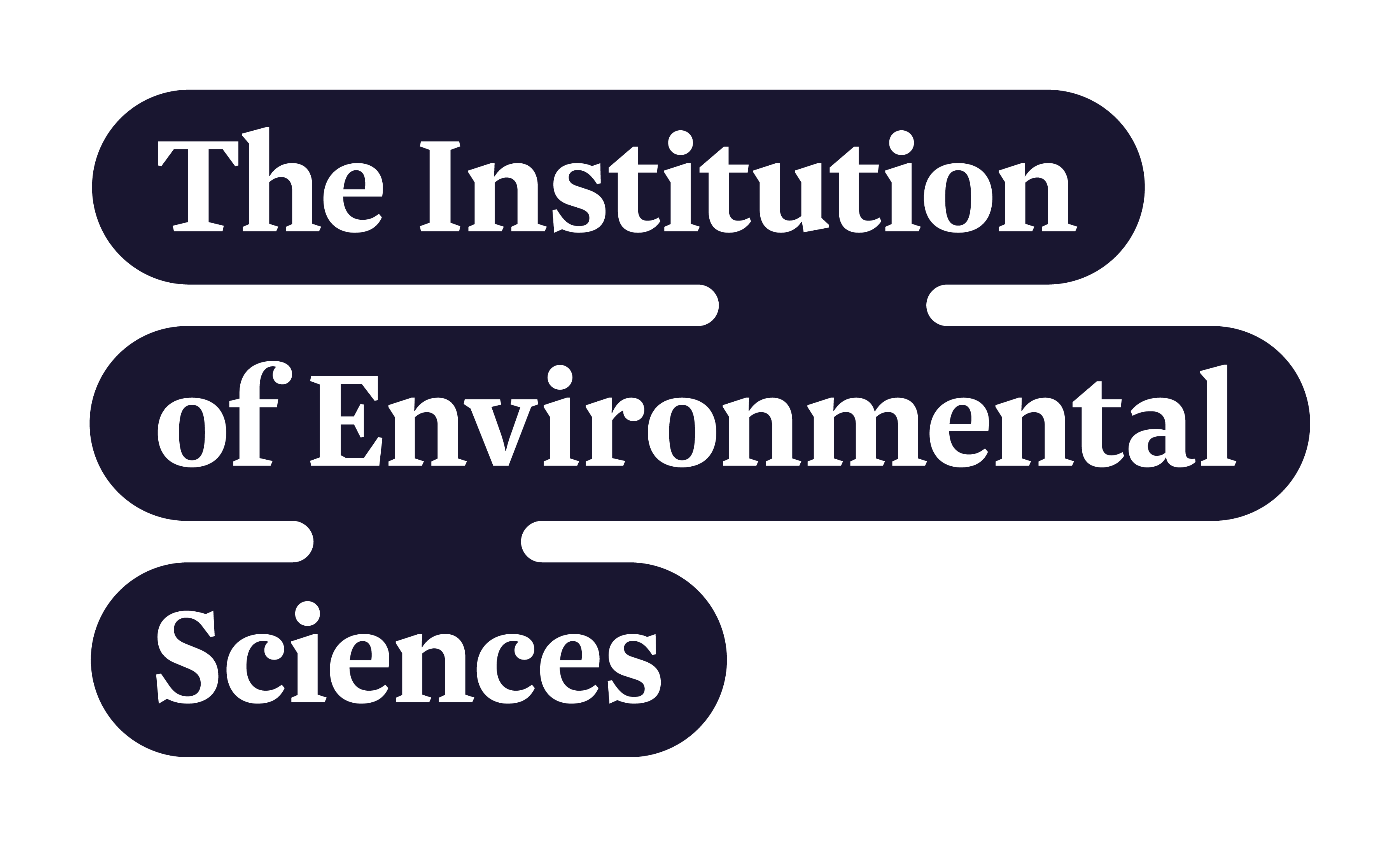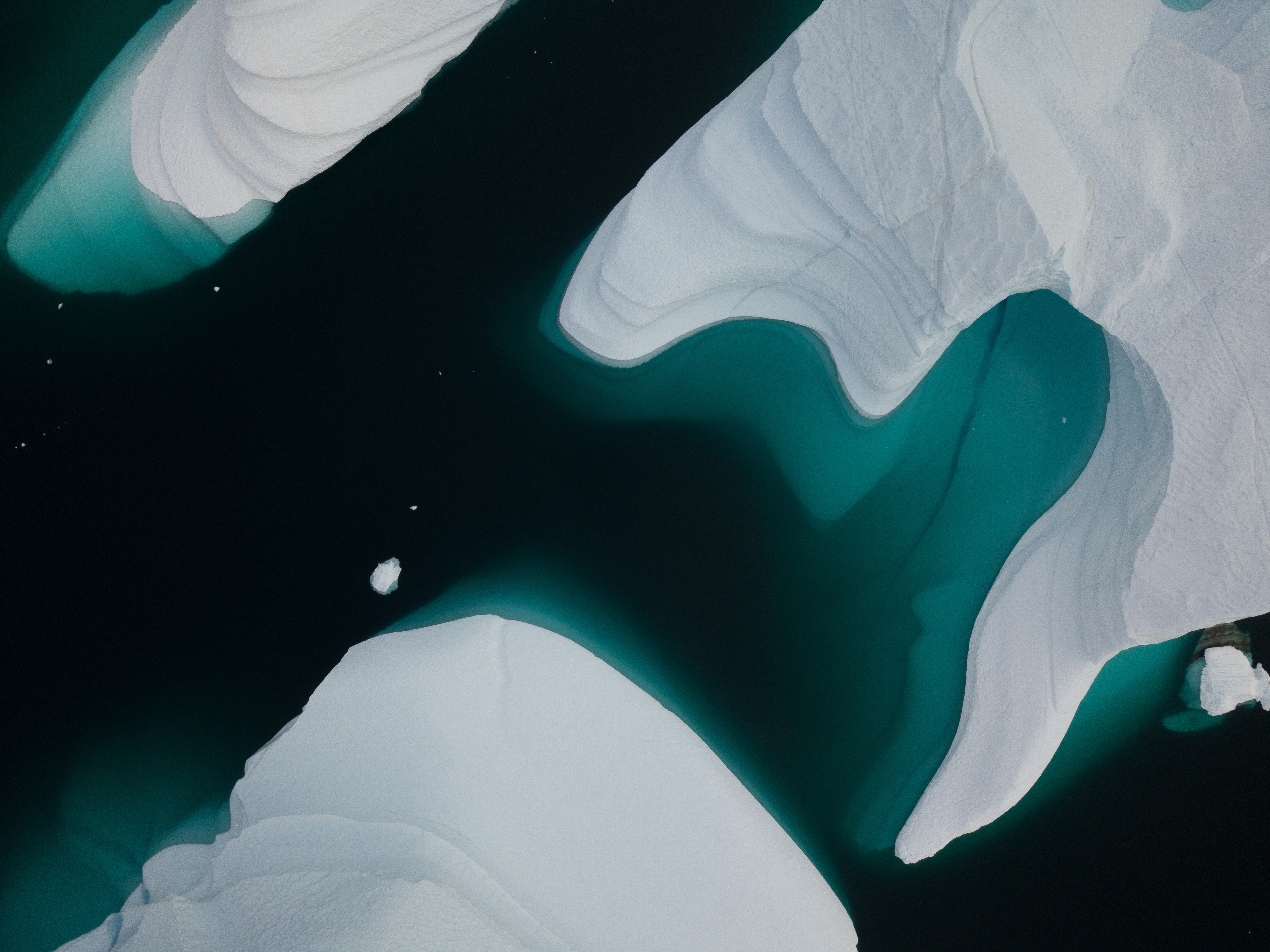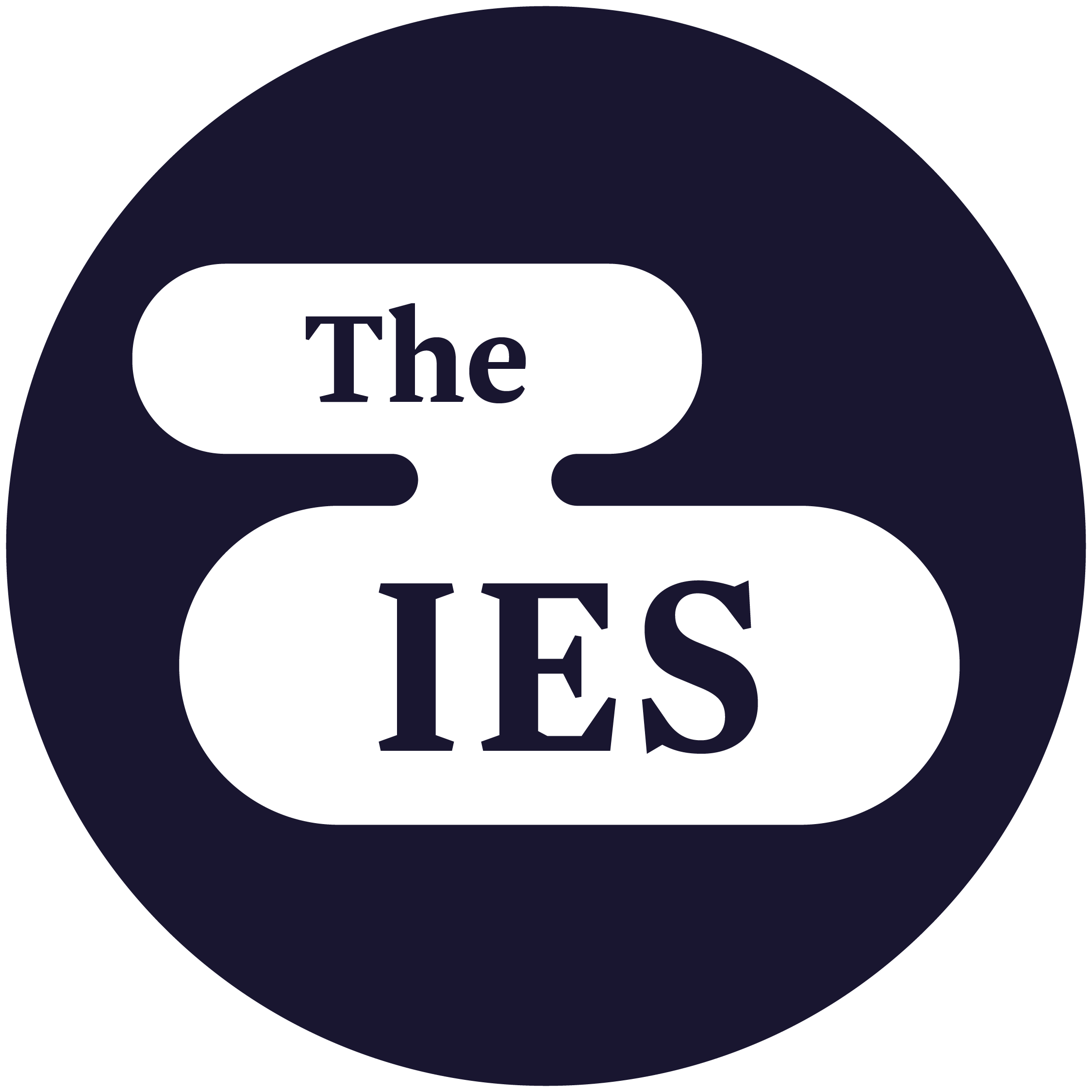Evolving together: 50 years of environmental science and the IES

1972 represents a watershed moment in human history, with recognition that our activities were not only impacting ecosystems but also feeding back directly into human wellbeing and future prospects. This pivotal year saw several key events that brought the environment into the public and political consciousness for the first time, and was also the founding year of the IES. Half a century on from the events of 1972, this issue of environmental SCIENTIST looks back at 50 years of environmental science and explores how both the environmental sector and the IES have evolved in this time, as well as looking ahead to the next 50 years.
- The accelerating pace of environmental change – Mark Everard and Adam Donnan
- The 1970s and all that... – Mark Everard
- What does good look like? – Sara Parkin
- The Fifth Element – Carlos Alvarez Pereira
- International environmental law: legal and political history – Emanuela Orlando
- The 50-year evolution of the environmental industry – Eleni Antoniades Snell
- Fifty years of environmental science taught provision: changing landscape – Jim Longhurst
- Sustainability decision-making and collaboration are key to systems change – Richard Blume and Stanley Nyoni
- Stockholm 50 years on: what role have non-governmental organisations played in the development of the environmental agenda? – Paul Johnston, David Santillo and Simon Black
- Environmental economics in English public policy: a personal perspective – Bill Watts
- The emergence of green politics in the UK – Sandy Irvine
- What has the current generation learnt from the past 50 years? – Mya-Rose Craig, Phoebe Hanson and Charlie Murphy
Volume: 31.2


